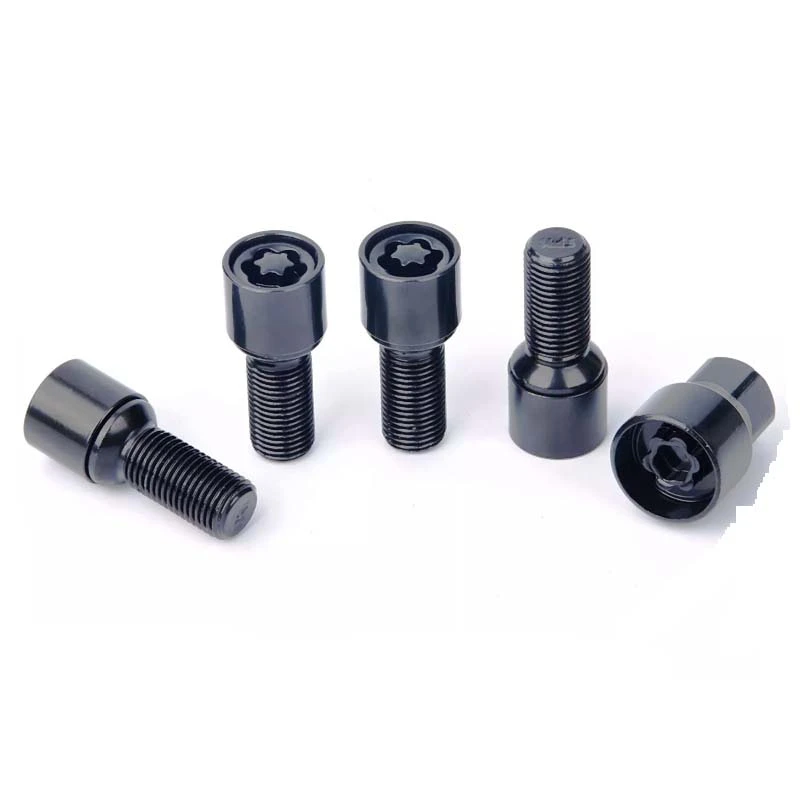Why Are Properly Torqued Wheel Lug Bolts Essential For Safety
2025-11-26
When it comes to vehicle safety, few components are as critical yet as overlooked as your Wheel Lug Bolts. These small but mighty parts are the sole connection between your wheels and your vehicle. Incorrect torque—whether too loose or too tight—can lead to catastrophic consequences, including wheel vibration, stud damage, or even a wheel separating from the vehicle while driving. This is why the precision and quality of the components you choose are non-negotiable. At Junwei, we engineer our Wheel Lug Bolts to meet the most rigorous standards, ensuring that when installed correctly, they provide a secure, reliable, and safe connection for every journey.
The Consequences of Improper Torque
Understanding what happens when torque is incorrect is the first step toward prevention.
-
Over-Tightening: This can over-stretch the stud, causing it to weaken and potentially snap. It can also warp the brake rotor, leading to costly repairs.
-
Under-Tightening: This is often the more immediate danger. A loose wheel can cause wobbling, which damages the studs and leads to the lug bolts progressively loosening further until the wheel can detach entirely.
Junwei Wheel Lug Bolts: Engineered for Precision and Reliability
Our products are designed to eliminate these risks through superior manufacturing and strict quality control. Below are the key parameters that set Junwei bolts apart.
| Feature | Specification & Benefit |
|---|---|
| Material Grade | Made from Grade 10.9 or 12.9 high-tensile strength steel for maximum durability and fatigue resistance. |
| Corrosion Coating | Zinc plating or phosphate coating to prevent rust and ensure consistent clamping force over time. |
| Precise Thread Pitch | CNC-machined to exact OEM specifications for a perfect fit, preventing cross-threading and ensuring accurate torque application. |
| Head Styles | Available in a variety of styles (e.g., cone seat, ball seat) to match your vehicle's specific requirements. |
Wheel Lug Bolts FAQ
What is the correct torque for my Wheel Lug Bolts?
The correct torque varies by vehicle make and model. Always consult your owner’s manual or a professional mechanic. A common range for passenger vehicles is between 80 and 100 lb-ft, but this is a general guideline. Using a calibrated torque wrench is essential for accuracy.
Can I reuse my old Wheel Lug Bolts?
It is highly recommended to replace, not reuse, Wheel Lug Bolts. Over time, the bolts can stretch, and their threads can wear, compromising their clamping force and integrity. For optimal safety, always install new Junwei bolts when rotating or changing your tires.
How often should I check the torque on my Wheel Lug Bolts?
It is crucial to re-check the torque after the first 50-100 miles of driving after a new installation. Subsequently, we recommend checking the torque during every tire rotation or routine service interval, typically every 5,000 to 7,000 miles.
Your safety on the road is paramount. Don't leave it to chance with substandard components. Trust Junwei to provide the precision, strength, and reliability your vehicle demands. For more detailed specifications, to find the right fit for your car, or to speak with our technical team, contact us today and experience the Junwei difference in quality and performance.
